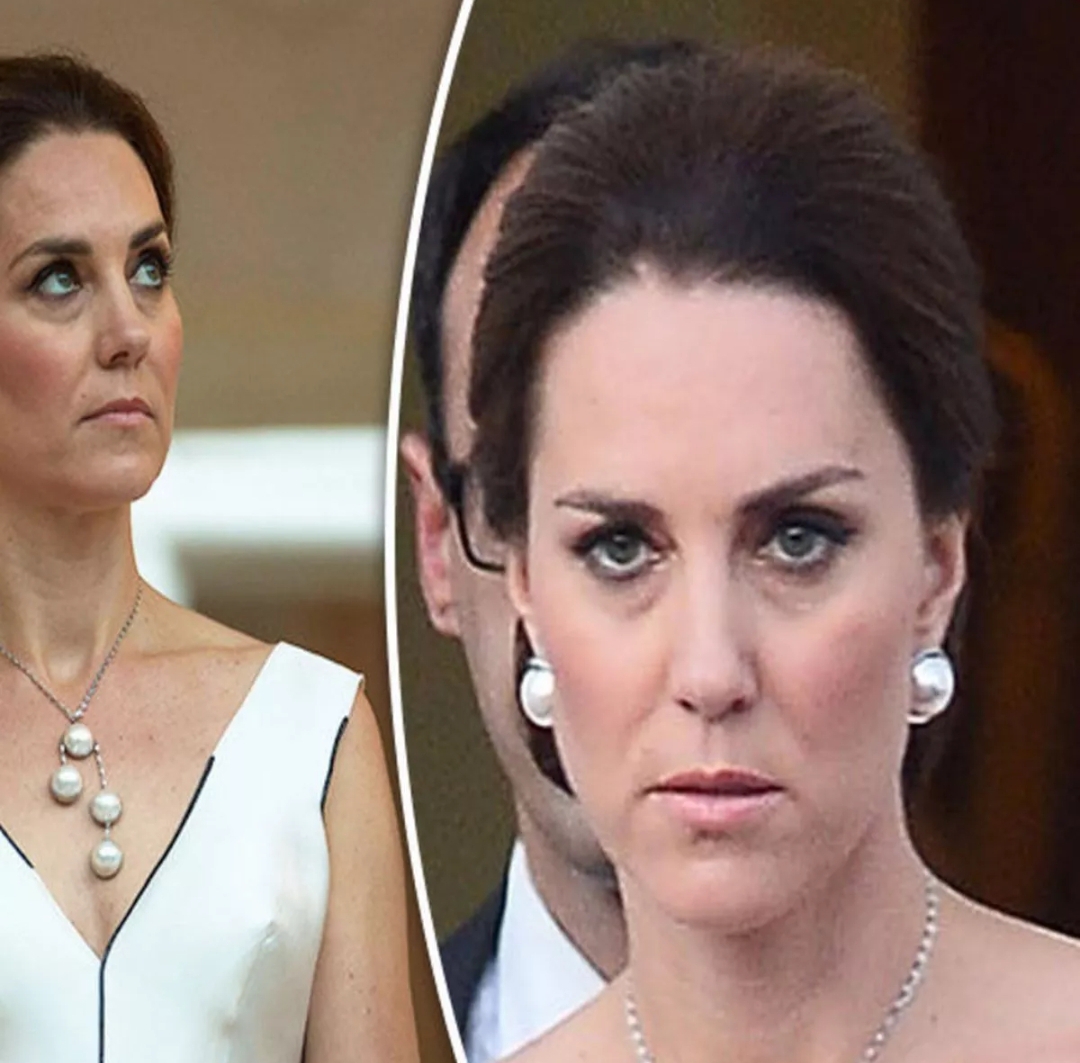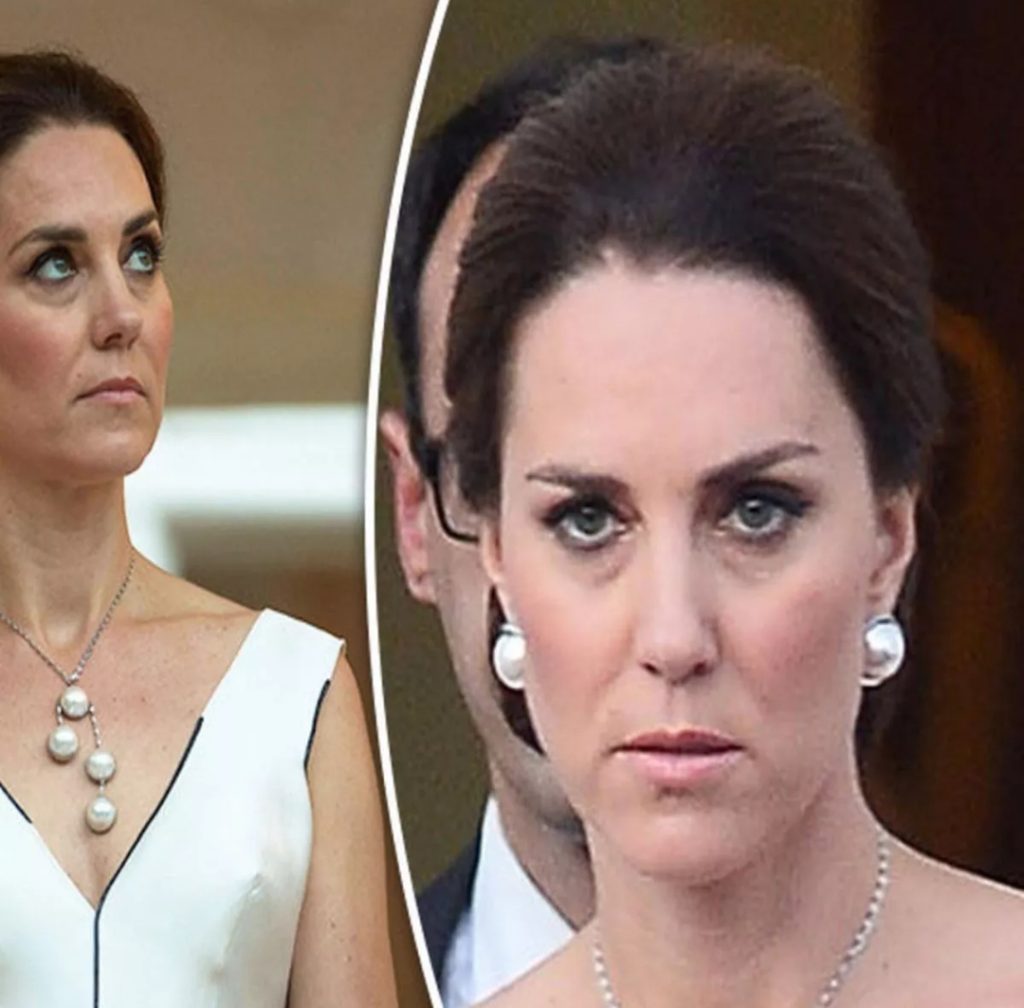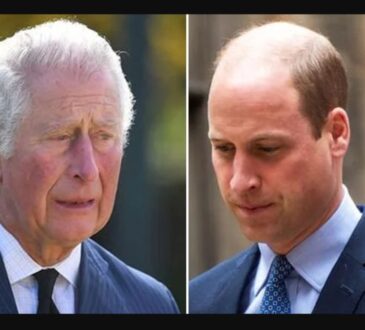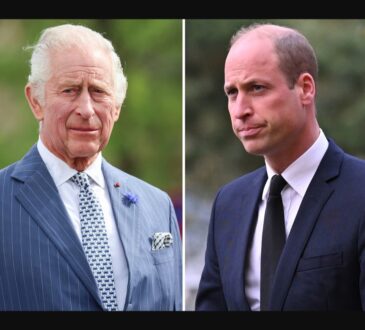Palace Panic: Kate Middleton Faces Royal Backlash in Racial Controversy – Insider Warns of Damaging Fallout for the Duchess

King Charles and the Princess of Wales are said to have talked about the color of Prince Harry’s son Archie’s skin, and royal expert Dr Tessa Dunlop thinks one royal will be more harmed by the accusations.
The Princess of Wales will reportedly face more harm than King Charles after being implicated in the royal race discussion. They were accused of questioning Prince Archie’s skin color before his birth in the Dutch translation of Omid Scobie’s Endgame book, according to an expert.
Piers Morgan, on his TalkTV show, identified the two senior royals accused in the Dutch version of Omid Scobie’s Endgame. He expressed disbelief in any racist comments by the Royal Family. Thousands of Dutch book copies were withdrawn for naming them concerned about Archie’s skin color, causing dismay in the monarchy and trending on X, formerly Twitter.

Historian and royal expert Dr Tessa Dunlop thinks accusing the pair in the book of making alleged comments will harm one more than the other. She told the Mirror, “Naming King Charles and Kate, the Princess of Wales, may blow over for their individual standing, but gendered expectations of women mean it will be more damaging to Kate.”
Nowadays, at seventy-five, Charles appears as a bumbling father figure, making gaffes easier to forgive. Kate, however, can’t use age and stage as shields, making the naming of her cruel. Ironically, despite Omid’s support for the Sussexes, it does no favors for both Kate and Meghan. Society holds women to higher standards; princesses are expected to be kind. The resurfacing of alleged ‘concerns’ about skin color and subsequent semi-disclosures on Oprah doesn’t portray either party in glory.
Tessa believes it’s time for the royals to address any problems. She explained, “Omid’s book is another reminder that the monarchy didn’t do enough to protect Meghan, Britain’s first working royal woman of color. We may never know the truth of the exchange about unborn Archie – I expect the Royal family will stick to ‘recollections may vary’ – but a overdue constructive conversation with the couple about their concerns is necessary.
“More broadly, the optics aren’t great: beyond the ‘terribly white’ balcony at the coronation (why not include some pageboys and girls from the Commonwealth?), Buckingham Palace’s admission it is ‘not where it would like to be’ on staff diversity says it all.
“At the last count, just 9.7 per cent of employees were from an ethnic minority in a city where over 40 per cent of the population are non-white. Not good enough. If this makes for uncomfortable reading at home, it will prove far more damaging in many of Charles’ other realms. William insisted ‘we are very much not a racist family’. Now they need to prove it. Actions speak louder than words.”



